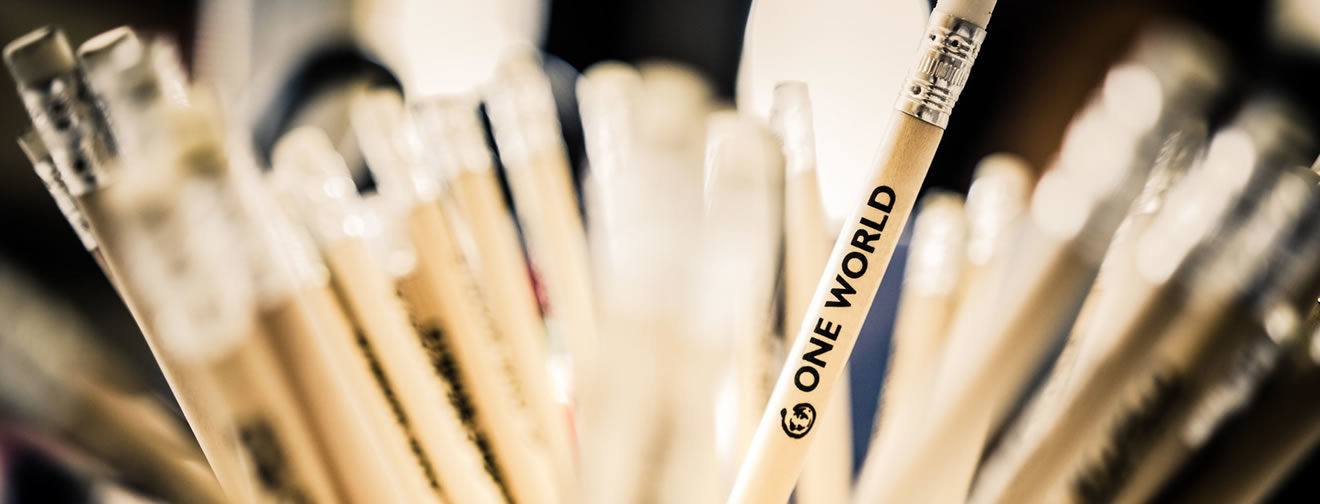Introductions
Introducing yourself: John: Hi, I’m John. Ann: Hi John. I’m Ann. John: Nice to meet you, Ann. Ann: Nice to meet you too, John. At the end of the first meeting: John: Well, it was nice meeting you, Ann. Ann: Nice meeting you too, John. Introducing other people: Peter: John, I’d like you to meet Ann. Ann, this is John. John: Hi, Ann. Nice to meet you. Ann: Nice to meet you too, […]
Read more
